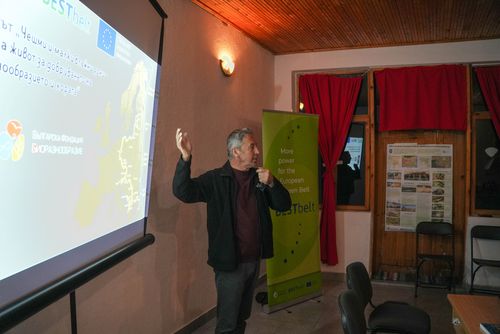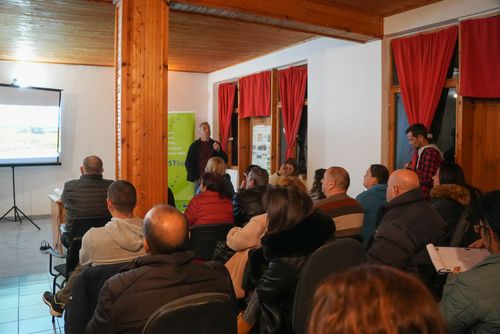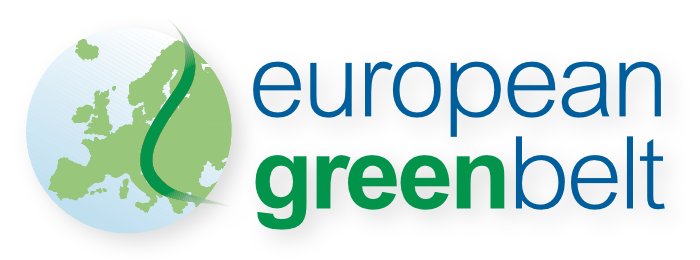Wetlands and their rich nature constitute a great privilege we all need to protect
Engaged citizens, Biology teachers, eco-friendly tour companies and environmentalists gathered at “The Terziev House'' in Topolovgrad, Bulgaria, to learn more about the importance of micro wetlands for biodiversity and community well-being in their local areas, which are part of the European Green Belt.


The meeting was hosted by the Bulgarian Biodiversity Foundation (BBF) and the Topolovgrad municipality, which are partners in the BESTbelt project "Micro wetlands - a source of life for wildlife and people". Rossen Vassilev from BBF presented the work on the renovated cheshma and micro wetland near the village of Oreshnik, and how that action concretely affected local wildlife.
Water turtles, newts and insects returned almost instantly as the water started flowing again. The local herds of goats and sheep also now benefit from the full troughs of the cheshma. Moreover, after the installation of benches and a gazebo, the places further started to attract local people, becoming part of the tourist visiting routes in the region.
However, Sylvia Dulgerova, a local ecologist, drew attention to a common practice in the region - local people consider the cheshma a suitable place to clean their equipment with which they spray their gardens or vineyards, threatening the local biodiversity. Unfortunately, the herbicides and insecticides that local growers use can destroy the astonishing life that grows in and around the water.
Enthusiastically, local people and representatives of the administration committed to visiting the renovated sites in spring to see with their own eyes the benefits of the current project. They intend to become real guardians of the cheshma, spreading valuable information about the need for maintenance and conservation of these precious hot spots of biodiversity.
This work is part of BESTbelt, with funds from the European Union. BESTbelt currently finances several projects with small grants along the entire European Green Belt. See more here.
Contact
Rossen Vassilev, Bulgarian Biodiversity Foundation
